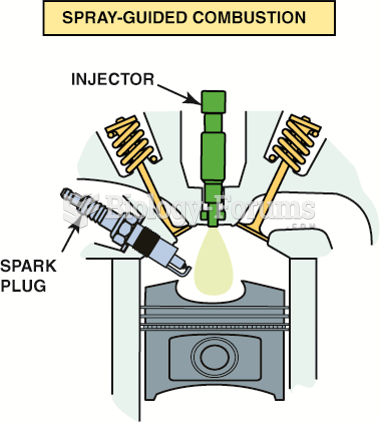|
|
|
On average, someone in the United States has a stroke about every 40 seconds. This is about 795,000 people per year.
IgA antibodies protect body surfaces exposed to outside foreign substances. IgG antibodies are found in all body fluids. IgM antibodies are the first type of antibody made in response to an infection. IgE antibody levels are often high in people with allergies. IgD antibodies are found in tissues lining the abdomen and chest.
Malaria was not eliminated in the United States until 1951. The term eliminated means that no new cases arise in a country for 3 years.
Green tea is able to stop the scent of garlic or onion from causing bad breath.
The tallest man ever known was Robert Wadlow, an American, who reached the height of 8 feet 11 inches. He died at age 26 years from an infection caused by the immense weight of his body (491 pounds) and the stress on his leg bones and muscles.
 Running time on 100-meter sprint for men and women master athletes increases with age. Source: Korho
Running time on 100-meter sprint for men and women master athletes increases with age. Source: Korho
 Record the first puff and this final reading for each cylinder. The final readings should all be ...
Record the first puff and this final reading for each cylinder. The final readings should all be ...





